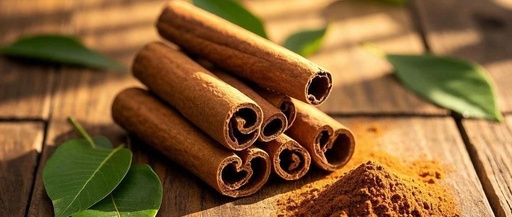Cinnamon (Rou Gui)

Cinnamon and Gui Zhi (Cinnamon Twig) come from the same plant; Gui Zhi uses the tender branches of the current year, while Cinnamon is the bark of the trunk. Cinnamon has a stronger aroma than Gui Zhi and can be used as a spice. Depending on the part used and the processing method, Cinnamon can be made into various types such as Guan Gui, Ban Gui, Qi Bian Gui, and Tong Gui. Among these specifications, the highest quality is Qi Bian Gui, with the best quality being the Qinghua Gui from Vietnam.
In the world of traditional Chinese medicine (TCM), Cinnamon has always been regarded as a key herb for “supplementing fire and assisting yang.” Whether it is for kidney yang deficiency, heart yang deficiency, spleen yang deficiency, or combinations like spleen and kidney yang deficiency, heart and spleen yang deficiency, or heart and kidney yang deficiency, Cinnamon can be combined with related herbs for treatment. It is like a fiery sun, continuously inspiring the growth of qi and blood.
Cinnamon is a pure yang substance, good at supplementing the fire of the Mingmen (Gate of Life), and can treat symptoms such as lower yuan deficiency and coldness, impotence, as well as water retention due to yang qi not transforming, leading to difficulty in urination. Cinnamon also has the unique effect of guiding fire back to the source, treating symptoms of upper heat and lower cold caused by floating yang; it is also used to treat spleen yang deficiency caused by kidney yang insufficiency, leading to poor appetite and diarrhea.
Cinnamon continuously provides energy to the body, inspiring the growth of qi and blood, invigorating blood circulation in the warm and painful meridians, and holds an irreplaceable position in treating women’s conditions such as cold blood stagnation, amenorrhea, dysmenorrhea, and abdominal masses. Due to its properties of supplementing yang, invigorating blood, and dispelling cold to relieve pain, it can alleviate cold-related conditions, used for treating cold pain in the heart and abdomen, cold hernia pain, cold obstruction in the waist and knees, and yin sores.
Cinnamon is pure yang and hot, assisting yang and moving blood; it should be avoided by those with excess yang and deficiency of yin, as well as all blood conditions and pregnant women.
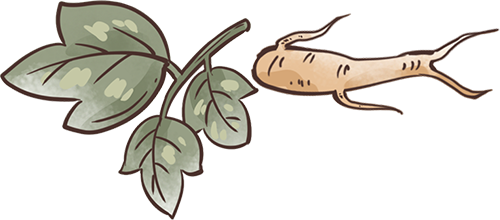
Representative Formulas Containing Cinnamon

Shi Quan Da Bu Wan (Ten Complete Great Supplement Pills) consists of 80g of Dang Shen (Codonopsis), 80g of Chao Bai Zhu (Fried Atractylodes), 80g of Fu Ling (Poria), 40g of Zhi Gan Cao (Honey-fried Licorice), 120g of Dang Gui (Angelica), 40g of Chuan Xiong (Sichuan Lovage), 80g of Chao Bai Shao (Fried White Peony), 120g of Shu Di Huang (Rehmannia), 80g of Zhi Huang Qi (Honey-fried Astragalus), and 20g of Cinnamon. The herbs are ground into fine powder and made into honey pills, with a dosage of 6g taken 2-3 times a day. This formula, derived from the “Tai Ping Hui Min He Ji Ju Fang,” has the effect of warming and supplementing qi and blood, suitable for conditions of qi and blood deficiency, pale complexion, palpitations, shortness of breath, dizziness, spontaneous sweating, fatigue, and cold limbs.

Source and Properties of Cinnamon
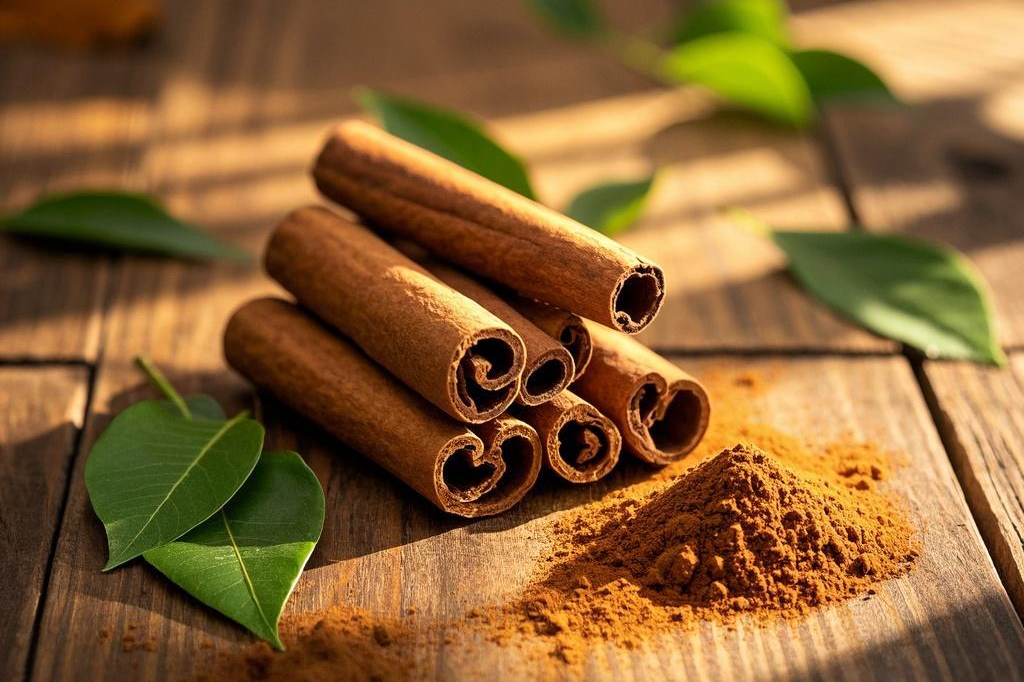
Cinnamon is the bark of the evergreen tree of the Lauraceae family, distributed in Fujian, Guangdong, Guangxi, and Yunnan. From August to October, select the cinnamon tree and strip the bark at a certain width. It is sliced or ground into powder for medicinal use. This herb has a spicy and sweet flavor, and is very hot in nature. It has the effects of supplementing yang, assisting fire, dispelling cold, relieving pain, warming the meridians, and unblocking channels.

Dietary Therapy with Cinnamon
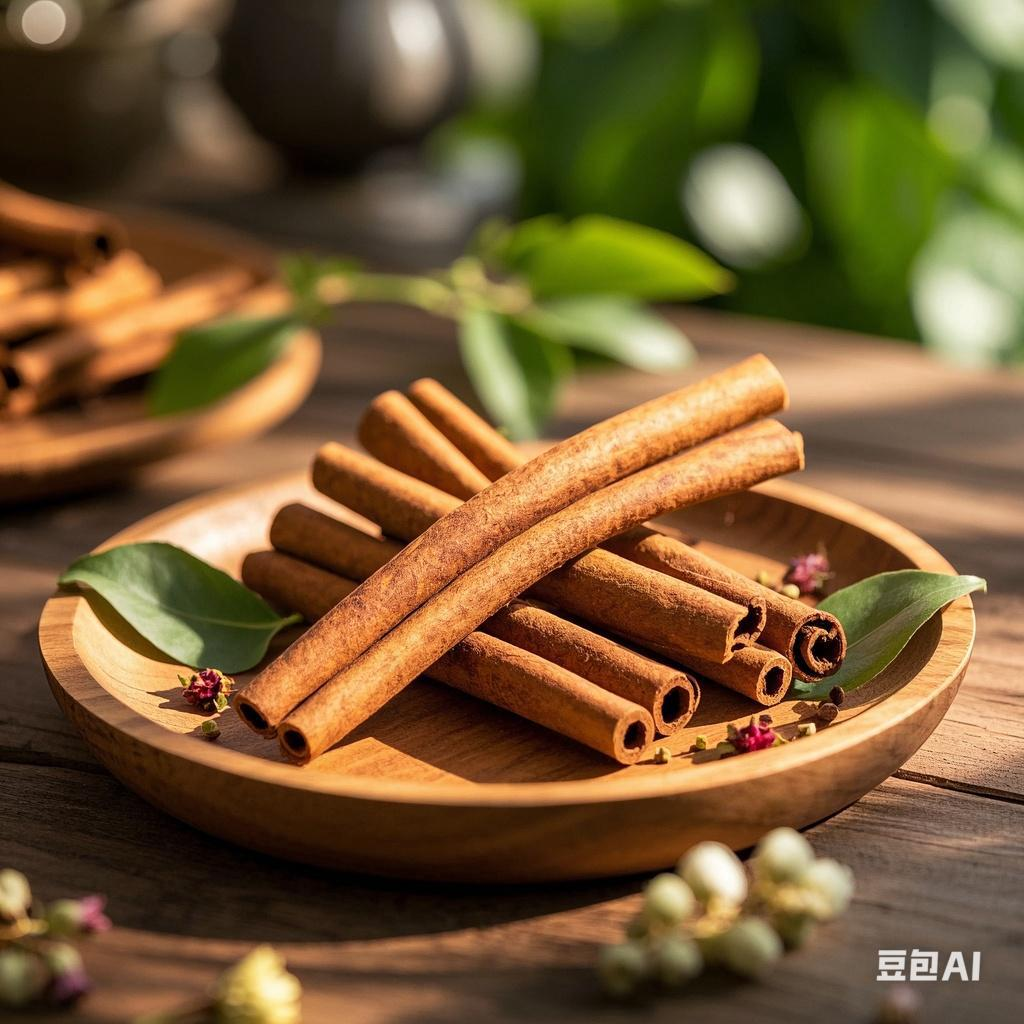
Cinnamon Milk Tea
Take 1 bag of black tea, 150ml of milk, 2g of cinnamon powder, and an appropriate amount of white sugar. First, heat the tea bag in the milk until boiling, then remove from heat, add cinnamon powder and white sugar, and stir well before consumption. This tonic has the effect of warming and supplementing spleen yang, invigorating blood, and opening the appetite. It is suitable for daily dietary adjustment for those with spleen and stomach deficiency and coldness, and poor appetite.
Cinnamon Hawthorn Porridge
Take 3g of cinnamon, 30g of hawthorn flesh, and 50g of japonica rice, with an appropriate amount of brown sugar. Boil the cinnamon in an appropriate amount of water for 20 minutes, strain out the residue, add hawthorn flesh and japonica rice, and cook into porridge, adding brown sugar for flavor. Consume 1-2 times daily while hot. This dish has the effects of warming the meridians, invigorating blood, and assisting yang to transform stasis. It is suitable for daily dietary adjustment for those with cold hands and feet due to spleen and kidney yang deficiency, poor appetite, and high blood lipid levels.
Cinnamon Fu Zi Egg Soup
Take 3g of cinnamon, 9g of Fu Zi (Aconite), and 1 egg. First, boil the cinnamon and Fu Zi in an appropriate amount of water for 30 minutes, strain out the residue, then beat the egg into the medicinal liquid and cook until done. This dish has the effects of warming cold, transforming dampness, and supplementing yang to invigorate blood, suitable for daily dietary adjustment for women with increased vaginal discharge and dysmenorrhea due to body cold.

Modern Research on Cinnamon
Cinnamon contains volatile oil components primarily consisting of cinnamaldehyde and cinnamic acid, along with small amounts of benzaldehyde, tannins, mucilage, and carbohydrates. Modern pharmacological studies have confirmed that Cinnamon has sedative, antipyretic, analgesic, antihypertensive, anticonvulsant, stomach and abdominal pain relief, diuretic, and anti-radiation effects. It has significant inhibitory effects on Gram-positive bacteria and fungi.
Cinnamon

Gui
ROU GUI
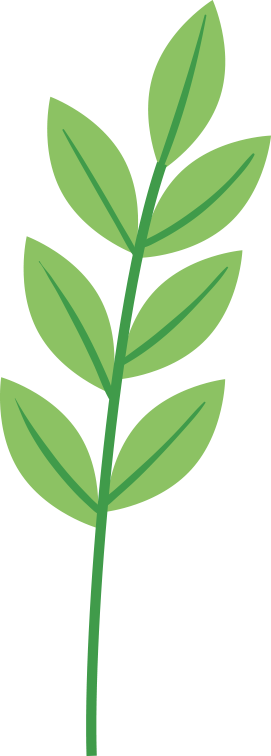


Some materials are sourced from the internet; if there is any infringement, please contact for removal.
This article is selected from “New Compilation of Understanding and Practice of Chinese Medicine”
Compiled by Mao Yancao, Jilin University Press
If you need to reprint, please contact this public account.
Editor | Hao Tiankuo
Review | Shao Wenhui, Hu Xinya, Ding Lu
Guidance | Wu Xiaoyun

